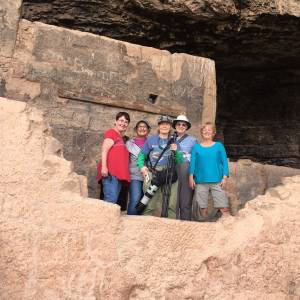Busy, Long Day......... Wonderful Places......
Wow....... Where to start.
1. Monasses Battlefield: It encompassed a whole town, where 2 battles occurred (9 months apart), where thousands and thousands of men died. It's the place where Gen Jackson got his nickname. Through charges up and down the hills, through streams, woods, wide open fields, the battle cries could be heard for miles around when the cannons weren't booming.
There is a statue at the top of the hills of Gen Jackson. He was told, by other Confederate officers that they were being routed, to run. Gen Jackson sat there on his horse and was reported to have said, "Let them come..... We will greet them with bayonets. Hold your ground!" It was fro this stance he was said to hold the hill like a stone wall, there by becoming known as Stonewall Jackson. He didn't let anyone by and held the hill through impossible odds. There are extra photos of the Henry Hill House.
There is another photo of a tree....... One side is bare, the opposite is full of branches and leaves. It is a very old tree, over 100 yrs old. The union soldiers were on one side of hill and Confederate soldiers on the other. As each side lobbed cannon fire at the other, one side of the tree was completely stripped of limbs. It left the tree one sided, the tree left standing as a witness tree to the battles that happened here.
Another extra is the front of Montpelier, the home of James Madison. I also tried to go to Monticello today, but I had missed the last tour up the mountain to where the home had been built. Thomas Jefferson and his wife built the home. It encompassed well over 5000 acres of land used to grow crops, create families, experiment with new crops, and Thomas Jefferson wrote the Declaration of Independence, which created the Democratic Experiment and whole new way of governing.
The last 2 extras is a Civil war cannon, and the Montpelier Railroad Depot that is still, an active passenger and freight stop. The station was built during the early 1840's and survived the war.
- 18
- 0

Comments
Sign in or get an account to comment.


